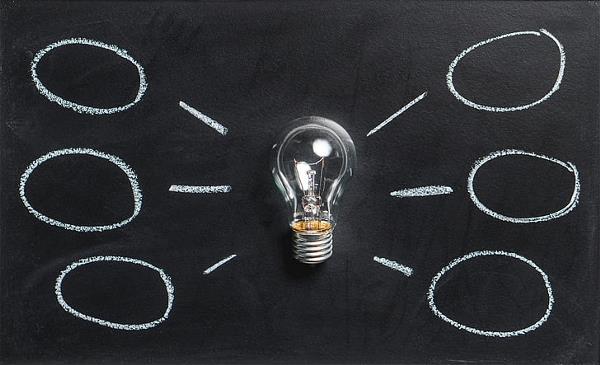Internationalisation at Home activities in courses and the role of the academic discipline
We know from several international studies that the academic discipline or field of science has a major influence on how education is designed and delivered.
Centre of Expertise Global and Inclusive Learning

We know from several international studies that the academic discipline or field of science has a major influence on how education is designed and delivered. Lecturers from different disciplines look differently at issues such as:
- what knowledge counts?
- how do we arrive at new knowledge?
- what pedagogical approaches do we use?
- and how do we test students?
We see the same in internationalisation of education. The rationale behind internationalisation and the goals of internationalisation are coloured through the lens of the academic discipline but in practice, what does this mean for lesson content and choices for internationalisation activities? What do programmes do or do not do and how can we better support teachers in internationalisation that fits the context of their programme and professional field.
In 2020 we classified 12 different programmes at The Hague University of Applied Sciences based on four academic "tribes" and surveyed them about this, Using our own internationalisation mapping tool, called THIAH (The Hague Internationalisation at Home mapping instrument), we mapped what the programmes do in terms of Internationalisation at Home and with what motivations. This showed, for example, that at some programmes, internationalisation was seen as universal (" mathematics is international, it's the same everywhere") and there is little variation in the different tools for internationalisation, while other programmes use many different tools and see internationalisation as something inherent to the discipline.
THIAH proved to be a useful tool for the participating programmes because, on the one hand, it helped them recognise the different facets of internationalisation at home and, at the same time, helped them critically reflect on why certain choices had been made. THIAH is available on request and can be taken with/without guidance.
A follow-up study is currently under way at Rotterdam University of Applied Sciences and Amsterdam University of Applied Sciences.
Contact
Interested in finding out more about our study or do you want to try out the THIAH tool yourself? Please contact Claudia Bulnes ([email protected]) and/or Eveke de Louw ([email protected])